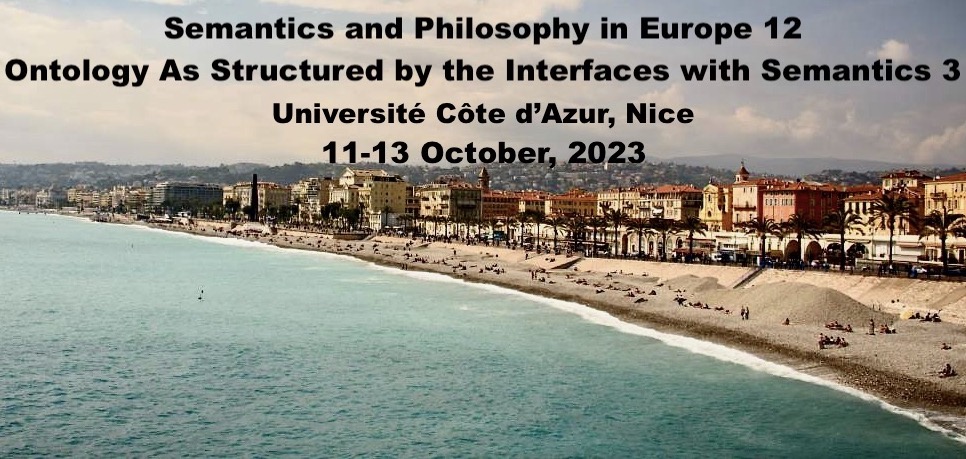
|
|
|
Special Sessions > Identity
Call for papers:
A core insight from the analytic philosophical tradition is that identity statements like Hesperus is Phosphorus are somehow different from ordinary predicative statements like Hesperus is luminous. Though sometimes contested (for instance, by neo-Aristotelians like Sommers 1969), the dichotomy between identity and predication remains prevalent in philosophy. In philosophy of language, identities have often been discussed in the context of "Frege's puzzle": what distinguishes cognitively significant identities like Hesperus is Phosphorus from tautologies like Hesperus is Hesperus? In recent years, new approaches to this long-standing puzzle have emerged, such as the relationist approach (Fine 2009; Heck 2012; Gray 2017, for review). Increasingly sophisticated tools for dealing with the puzzle at the level of thought have also been developed, such as the mental files approach (Recanati 2012; Murez & Recanati 2016, for review). This has led to productive dialog between philosophy and empirical areas of cognitive science (e.g., Perner & Leahy 2016; Huemer, Leahy & Perner 2018; Tholen, Schurz & Perner 2019; Doherty & Perner 2020; Murez, Smortchkova & Strickland 2020).
One major theme from linguistics has yet to be fully taken up by cognitive scientists or philosophers, however (though see Moltmann 2013; Woodard 2018). The Fregeo-Russellian dichotomy between predicative statements and identities arguably provides an oversimplified picture of the various ways in which natural languages express identity. Identity statements are a subspecies of the broader class of copular sentences, which also include non-verbal predications (Roy 2013). Following Higgins’ influential taxonomy (Higgins 1973), linguists distinguish not merely between so-called ‘equatives’ (philosophers’ favorite examples of identity statements) and predications. They also recognize categories of ‘specificational sentences’ (The number of planets is nine) and ‘identificational sentences’ (That is Bob), which each have distinctive syntactic, semantic, and information structure properties (Moro 1997, Heycock & Kroch 2002; Mikkelsen 2005; den Dikken 2006; Heycock 2012, 2020; a.o.). In addition, some languages appear to lack equative sentences altogether (Adger & Ramchand 2003).
The aim of this special session is to encourage dialogue across disciplines on the general topic of identity and its linguistic and/or mental representation, and on the relation between identity statements and other neighboring constructions. We are particularly interested in theoretical/empirical contributions that connect linguistics (syntax, semantics, pragmatics, information structure, etc.) with philosophical and/or psychological approaches (including developmental perspectives). Typological work with a cross-linguistic perspective is especially welcome.

